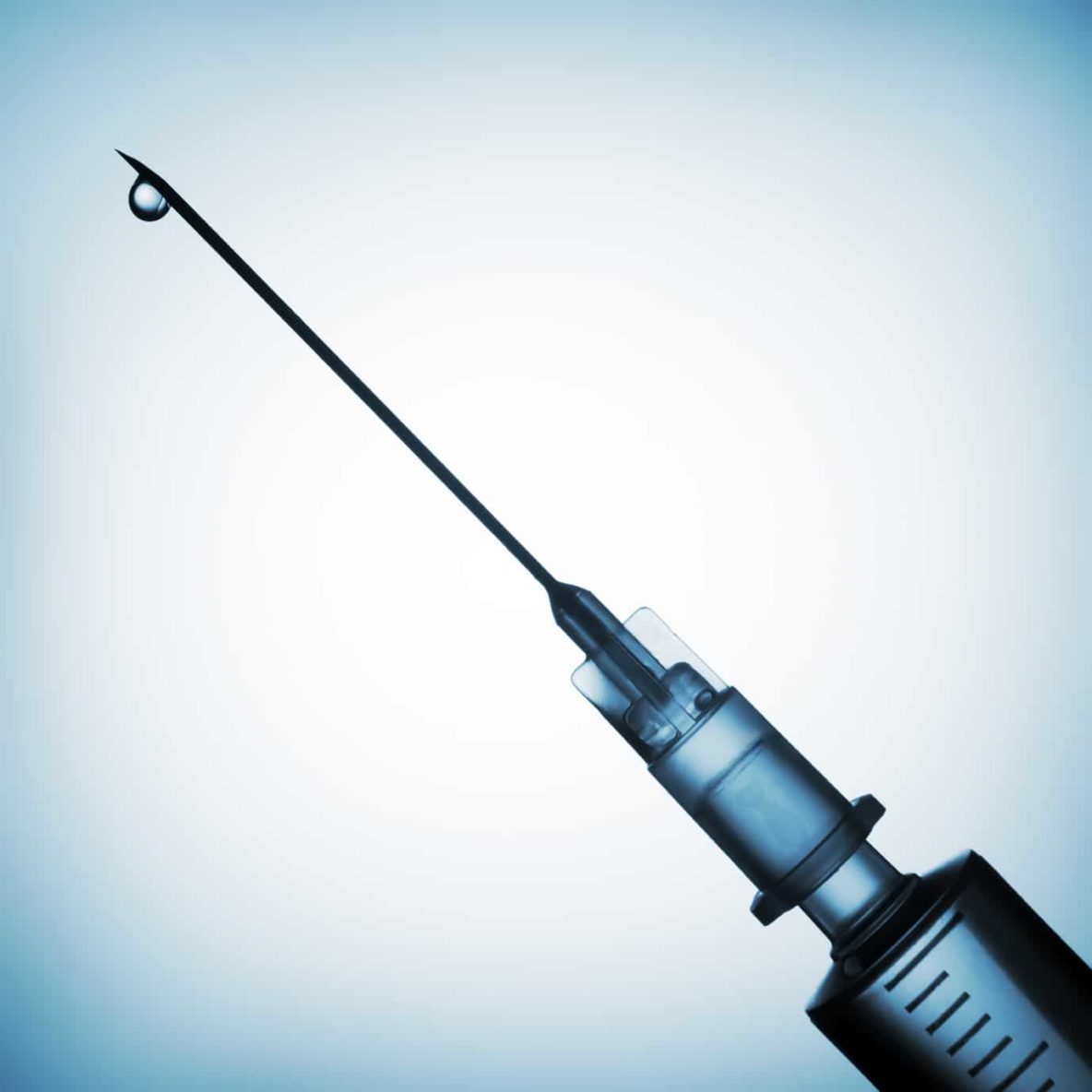Want to kill your good jury verdict? Try a lethal injection of appealable issue and reversible error.
There is no doubt about it— trials are an ordeal, even under the best of circumstances. We spend hundreds of hours preparing for cases. We sort through thousands of documents, take and digest multiple depositions, prepare extensive witness lists, design jury presentations, and so many other additional trial preparation tasks. All of this intense preparation is designed to maximize the possibility of our getting a winning verdict for our clients.
And when we win, the victory is always sweet! It’s a reward for all of that intense preparation and good lawyering.
Be careful what you wish for…
I’m always puzzled, therefore, when I’m trying a case and observe my opposing counsel try to persuade a judge to do something that simply isn’t supported by case law or to adopt a legal position that is virtually certain to be reversed on appeal. If you spent all this time battling to try to achieve a winning verdict, why would you taint the verdict with an injection of an appealable issue and reversible error?
Over more than 20 years practicing law, I’ve tried more than a couple of cases where opposing counsel, regrettably, have talked the court into ruling in their favor on issues that I knew would be reversed on appeal. When I lost those rulings, I took some comfort in the fact that if I lost the trial, it was all but certain that I would be back after an appeal. Fortunately, I didn’t lose the trials themselves, so I did not have to experience going through a full trial twice.
Some decisions by judges are difficult to overturn on appeal – – for example decisions that are based on the judge’s exercise of discretion, such as the admission of the piece of evidence. But there are other decisions by judges, such as the use of jury instructions, that can provide an easy target for an appeal. When you ask a judge to use a jury instruction, be absolutely certain that your instruction is the correct one. Or, that your opposing counsel will stipulate to it. It does no good to go on a limb with a jury instruction that you are not confident of, or to ask the judge to go out on a limb in making that call that is not supported by case law. It’s a recipe for reversal. And nobody wants to re-try a case.
The best verdict is the one from a “cleanly tried” case.
I recently tried a hard-fought case with one of the finest opposing counsel I’ve gone up against. We won the trial, and the defendant corporation and its insurance carrier brought in separate appellate counsel to review the case, and look for issues for a possible appeal. After she reviewed the complete transcript, we spoke together. She informed me candidly that from what she saw, the case was tried “very cleanly”. Though she was telling me what I already knew, it was nevertheless music to my ears, because it meant the defendant was aware it had no reasonable chance of appeal. Shortly thereafter, the defendant paid the verdict.
It’s not enough just to win at trial. You have to win cleanly!
Judges want cases cleanly tried, too. I remember an experience I had with a different case. An opposing counsel persuaded a judge to strike one of my experts. This ruling was absolutely contrary to the law. I tried on three successive occasions to persuade the judge to reconsider his ruling, and he refused. The trial was assigned to another judge. Before trial, I tried a fourth time — this time with the new judge — to get the decision striking my expert reversed.
The trial judge agreed with me, and reversed the decision! My opposing counsel was furious. But the judge got it right. He told her during our hearing on my motion that despite the previous rulings by the other judge, as the trial judge, he was going to have to live with the outcome of the trial. When opposing counsel complained that reversal of the expert ruling was coming only a few days before trial, the judge responded that she should never have attempted to persuade the prior judge to strike the expert in the first place, because it was “flat wrong” and would be reversible error even before the case began!
The best win is a clean win. You have to win without injecting reversible error into the case. That’s a strategy for success.

